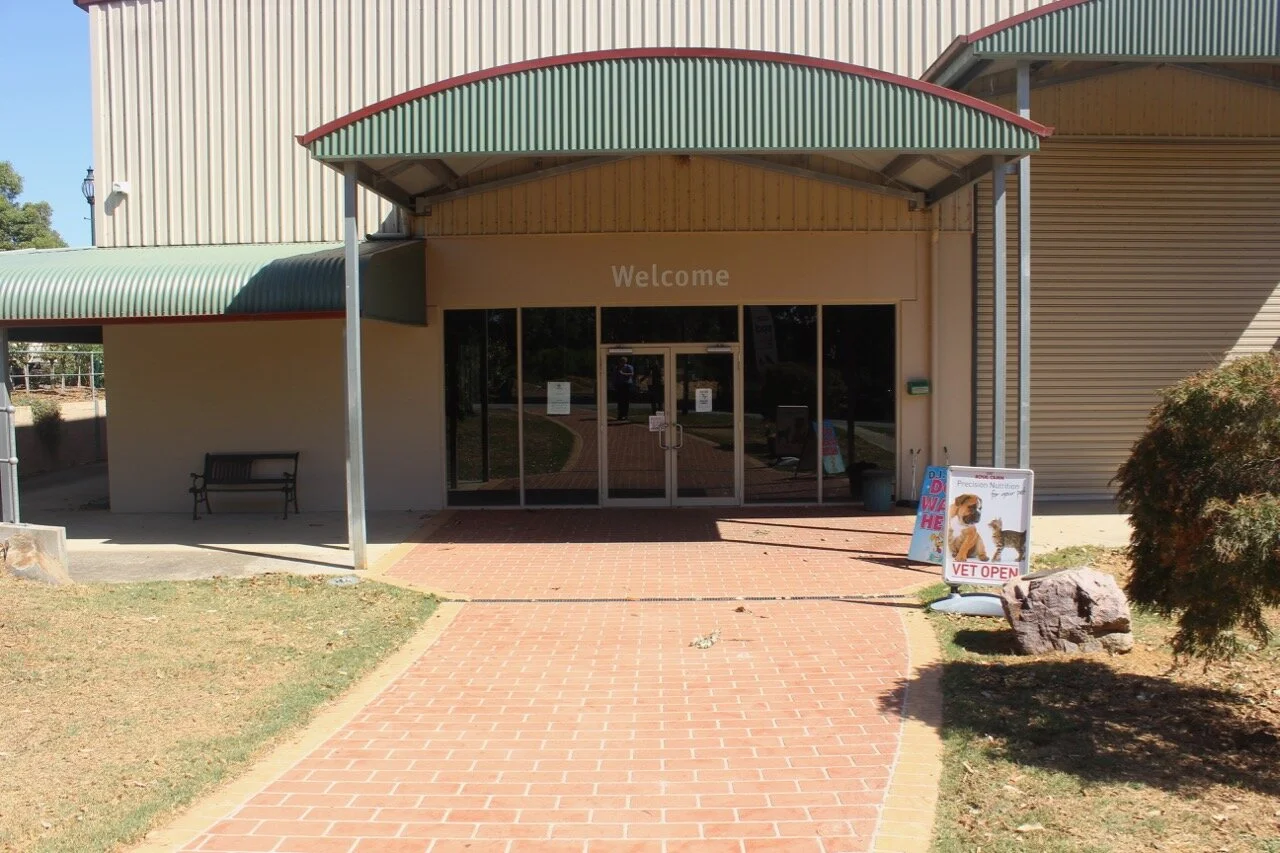Pets are curious by nature. They love to investigate and explore and part of this includes discovering new sights, smells and tastes. This can sometimes lead them into trouble especially when they chew and swallow something they shouldn’t. This is referred to as foreign body ingestion.
Sometimes these items will pass through their intestinal tract without any problem. However, large or irregularly shaped items can get stuck in the digestive system and result in your dog needing urgent veterinary attention. It is very important that you get in touch with your vet as soon as you know or suspect your pet has eaten something they shouldn’t so they can advise you on the most appropriate course of action.
Common objects swallowed by pets
Some of the most common foreign bodies that cause a problem in a pets digestive system include:
Balloons
Balls
Batteries
Bones
Coins
Corn cobs
Fishing hooks
Hair ties/rubber bands
Socks/stockings
Sticks
Stone fruit pips
String
Toys/squeakers
Common signs your pet has swallowed a foreign body
Common signs your pet has eaten something they shouldn’t include:
Vomiting
Diarrhoea
Abdominal tenderness or pain
Lethargy
Decreased appetite
Difficulty or inability to defecate
What to do if your pet swallows a foreign body
It is important to get in touch with you vet straight away if you have seen your pet or are even suspicious they have eaten something they shouldn’t. Your vet will offer advice on the risk of the item getting stuck and the most appropriate course of action.
Treatment for foreign body ingestion
When you bring your pet in for treatment your vet will ask you a number of questions such as:
What do you think they swallowed?
When do you think it happened?
Are there any other symptoms or signs?
Your vet will perform a physical examination to determine where the foreign body is located and inform you of what is required to treat your pet. Radiographs (x-rays), blood/urine tests or an ultrasound may be required to reach a diagnosis.
Depending on when the object was swallowed and its safety, your vet may be able to give your pet medication to help them vomit and prevent blockages further down the intestines. If the item is caught in their mouth, your vet may be able to remove it under sedation or light anaesthesia. Other times the object may be small and safe enough that your vet will recommend to let it naturally pass through under clinical observation.
Prompt surgery may be required to remove the foreign body from the intestines. Timing is critical, the longer the foreign body has been present, the more problematic the outcome can be. Sometimes a section of the bowel may need to be removed.
How to prevent your pet swallowing a foreign body
Here are some tips to prevent your pet eating something they shouldn’t:
Remove unsafe items - check your home for commonly ingested items and place them out of reach
Appropriate chew toys - discuss appropriate chew toys with your vet, keeping in mind all pets that live in the household
Rubbish away - keep rubbish out of reach and immediately dispose of unsafe household scraps such as corn cobs, bones and fruit pips
Safety on a lead - keep your dog on a lead when taking them for a walk
Keep an eye on their health – if you are worried about your pet or notice any of the symptoms above get in touch with your vet immediately
If you suspect or have seen your pet eat something they shouldn’t or they are showing any signs of foreign body ingestion please call us immediately on 03 8784 4444.






